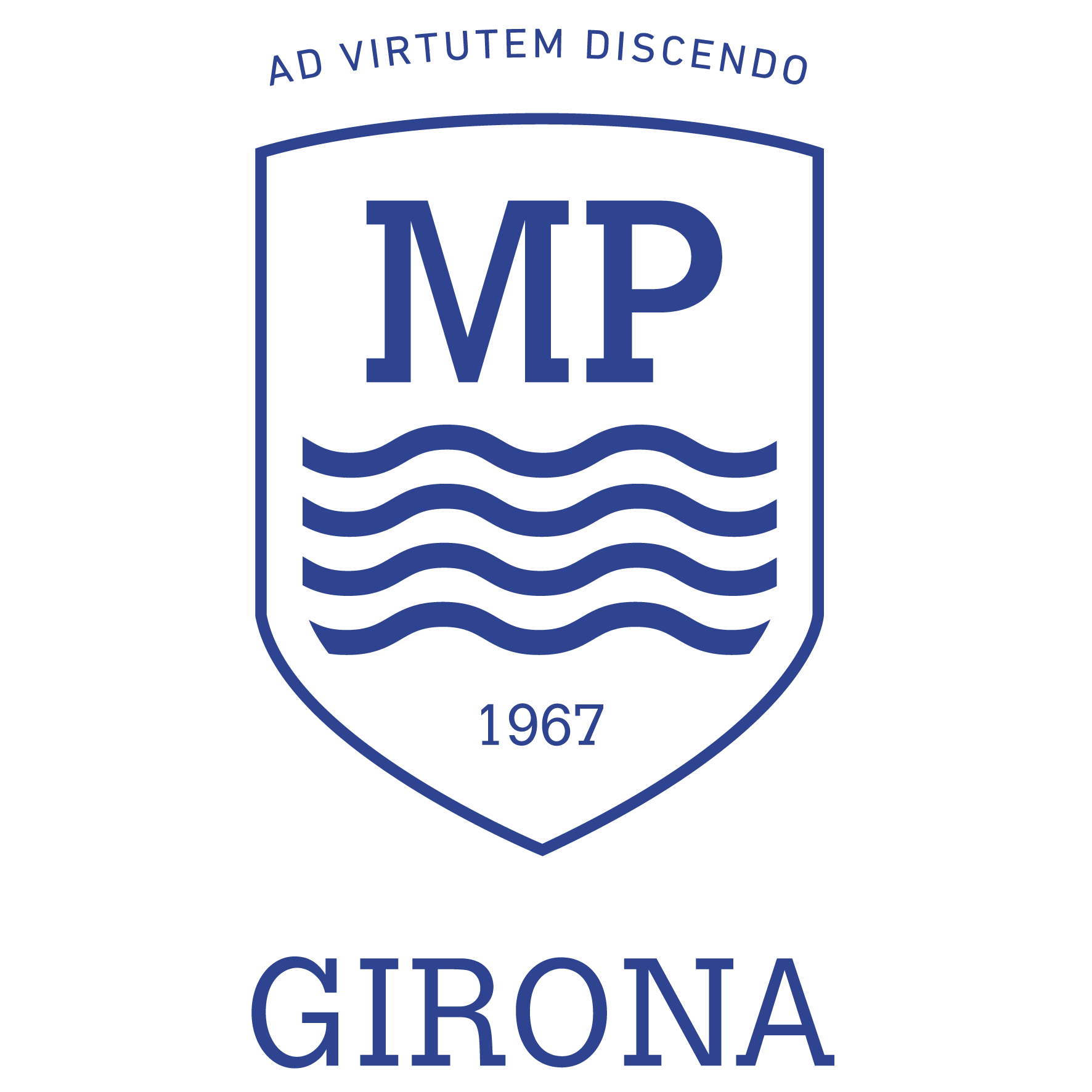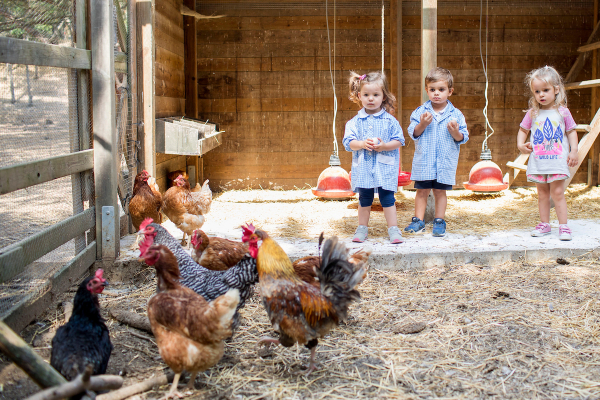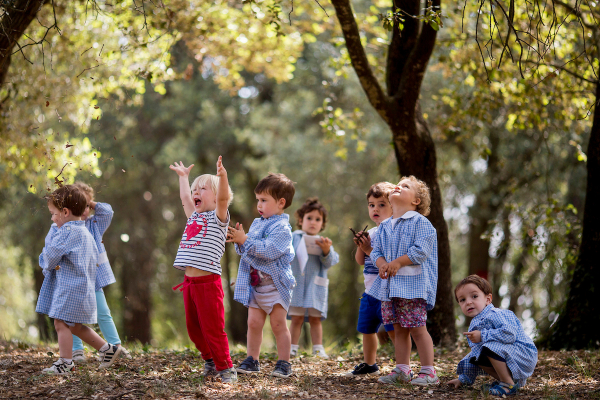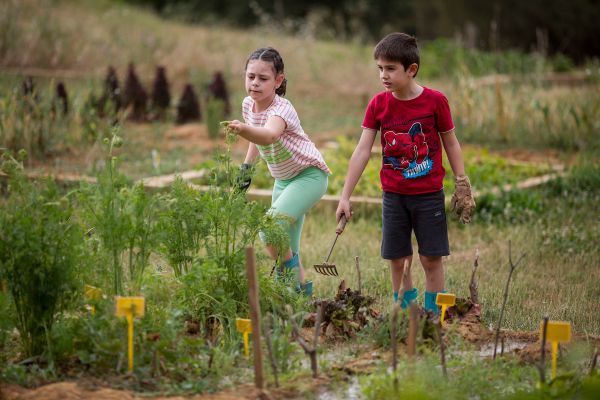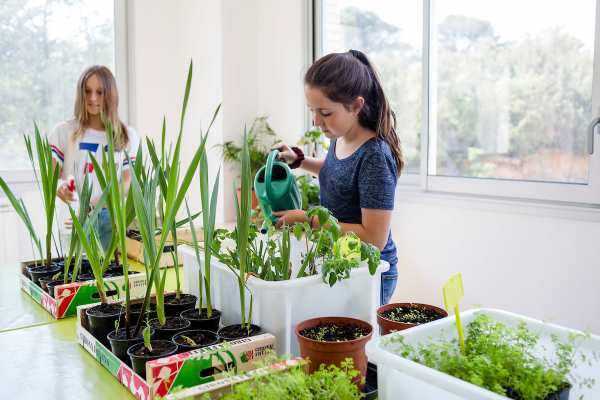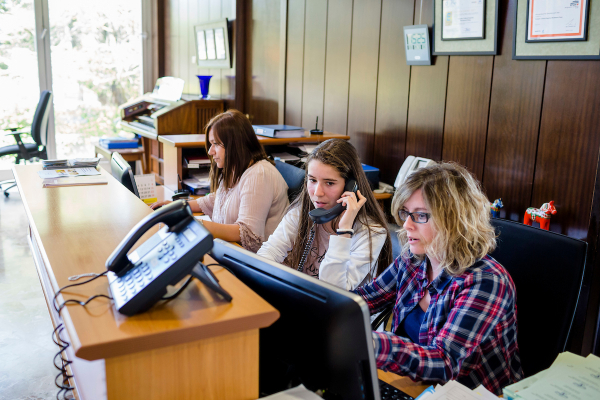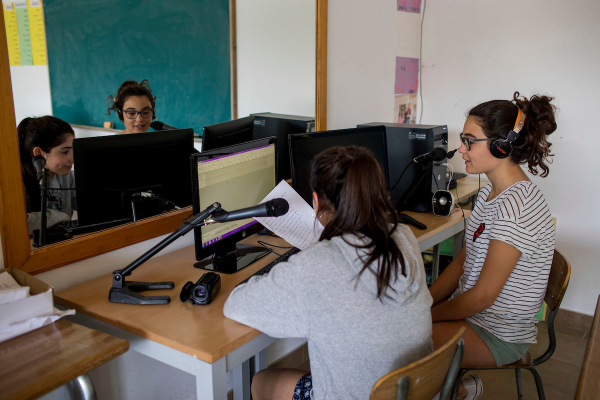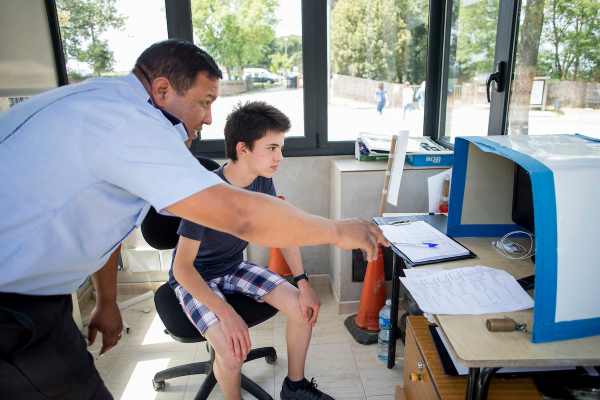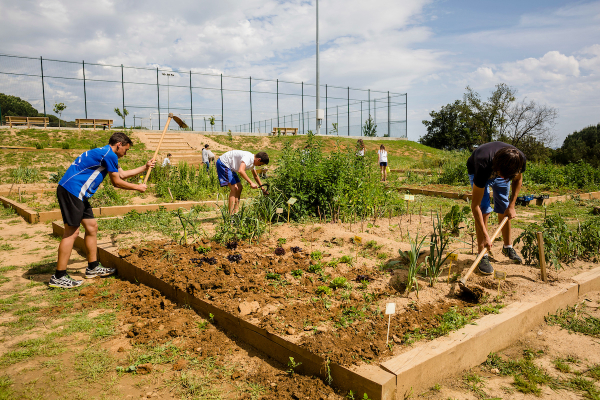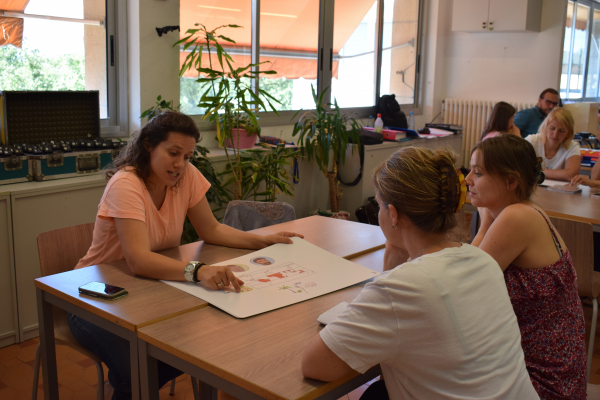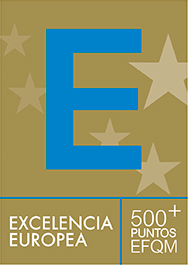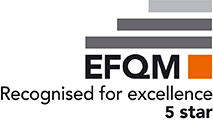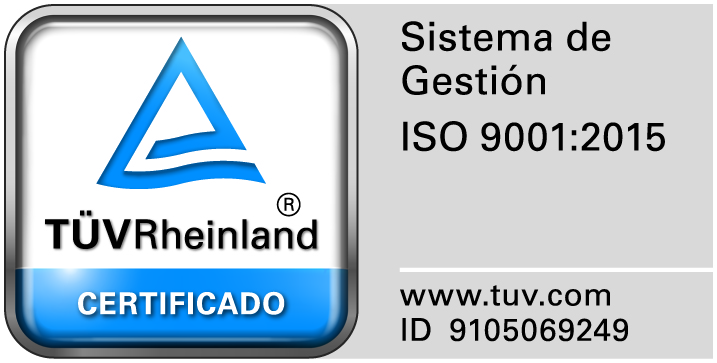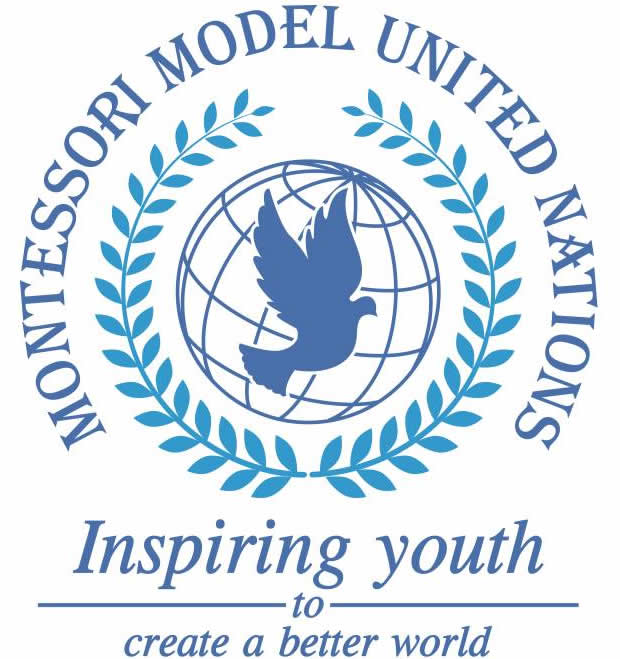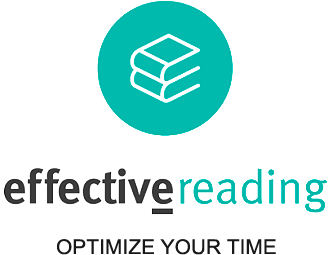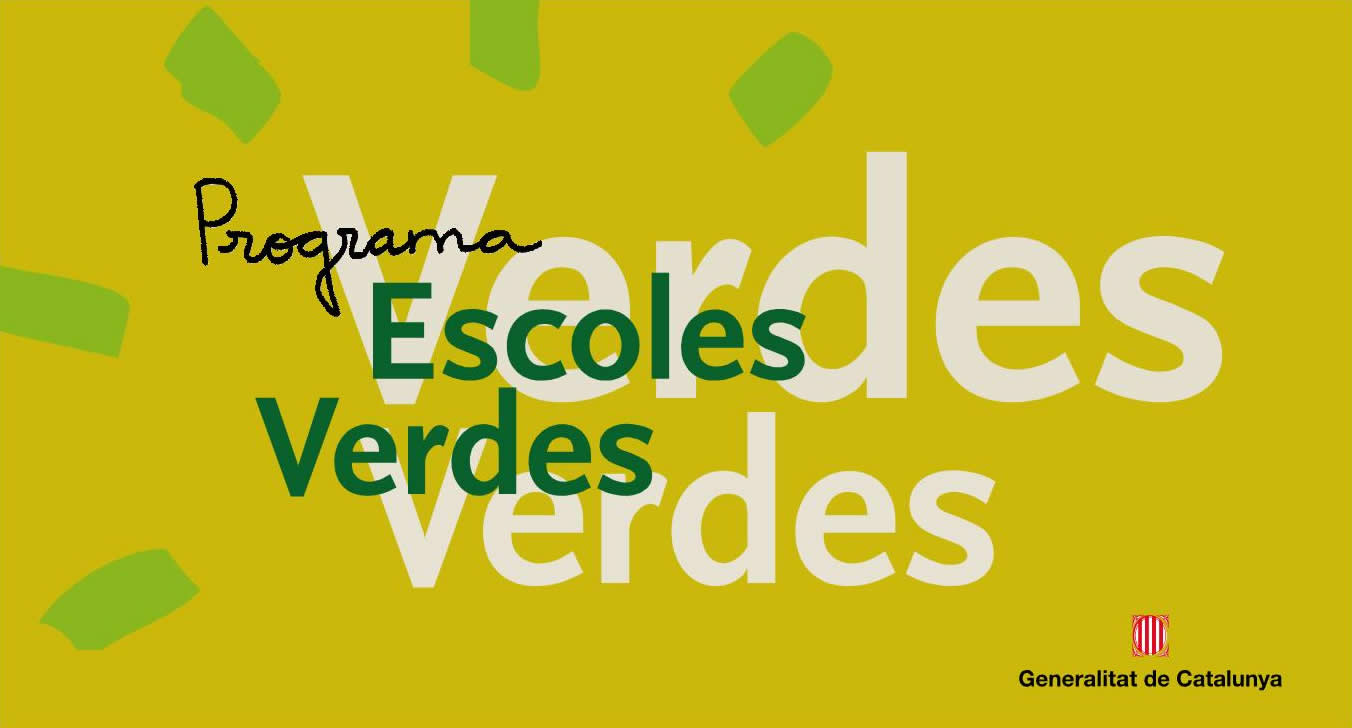Innovation
All departments and levels of the School, thanks to their teamwork, experience and self-learning, are constantly evolving, seeking to improve the service and efficiency. External training activities, conferences, exchanges with other national and international centres and the results of our own experience, are the driving forces behind our innovations.
Within the field of innovation, we would distinguish:
Projects of innovation, renovation and revision of the Curriculum or extra-curricular content at each stage, including for example:
-
In Infant Education, the new, even more practical approach, as part of the language, botany, zoology, geology and environmental science extension programmes. This innovation provides us with activities and materials to work on outside the classrooms and in the Infant playground itself.
-
In Primary Education, the inclusion of routines and working in the kitchen garden, the farm and the woods of the school, under the framework of The Natural Child project or the preparation of a series of presentations within the area of personal development, as part of the Emotional Education section.
-
At the Secondary level, the innovations have continued along the same path as the revolutionary initiatives introduced 10 years ago, such as the consolidation of the PGSAM (Montessori Self-management and Support Projects) and which have evolved to include the current Service and Production Occupations. The European Business Competence Licence (EBC*L) programme or Watch2grow are also good examples of innovations in the Secondary stage.
-
At the Baccalaureate level, we would highlight our entry to The Montessori Institute for the Science of Peace and at the Montessori Model United Nations, as members of the group of high schools that lead the project.
- Projects to extend the intellectual capital, such as the attainment of the European Master's Degree in Montessori Education at the University of Vic and the Montessori Institute of San Diego (MISD), recognised by AMI and of which the Montessori Palau Girona also forms part as a coordinating centre.
- Innovation projects for the various services, such as Family Counselling from the Department of Psychology and Counselling, the new activities that the Cultural and Sports Club offers each year or the Dining service, which introduces food lines designed to provide maximum nutrients and minimise the use of additives. Other innovations directly affect the relationship between family and school and relate, for example, to new features that are offered, year after year, through the website, the Intranet for Parents.
